[Anchor]
About a month after the start of 'the century's tariffs war', the United States and China have sat down at the negotiation table for the first time.
With President Trump, who has shown a tough stance until now, sending a conciliatory message to China, countries are watching closely for the results of the negotiations.
This is Kim Kyung-soo reporting from Washington.
[Report]
U.S. Treasury Secretary Scott Bessent and Chinese Vice Foreign Minister He Lifeng met in Geneva, Switzerland.
This is the first time negotiations have taken place since trade between the two countries was effectively halted due to reciprocal tariffs about a month ago.
One day before the negotiations, President Trump stirred the pot by suggesting that a 80% tariff rate on China would be appropriate.
This is seen as an attempt to take the lead in negotiations by presenting a higher tariff rate than the initially expected 60%.
Although he did not mention specific figures, he hinted at the possibility of further reductions.
[Donald Trump/President of the United States: "We have to make a great deal for America. I put out a number today, 80%, so we'll see how that all works out."]
China also continued its tense standoff.
Chinese state-run CCTV reported on the meeting, stating that it was held at the request of the United States.
It emphasized that its position of firmly opposing excessive tariffs remains consistent.
[Xi Jinping/President of China/May 8: "In response to the unilateralism and power-based bullying faced by the world recently, China, together with Russia, will fulfill its responsibilities as a major power."]
Amid the tense standoff, today's meeting is characterized as an exploratory effort to ease tensions.
However, the market is viewing the mere meeting of these two major powers, which had been heading towards extreme confrontation, as a positive signal.
There are also expectations that the two countries will find clues for tariff reductions over the next two days.
This is Kim Kyung-soo from KBS News in Washington.
About a month after the start of 'the century's tariffs war', the United States and China have sat down at the negotiation table for the first time.
With President Trump, who has shown a tough stance until now, sending a conciliatory message to China, countries are watching closely for the results of the negotiations.
This is Kim Kyung-soo reporting from Washington.
[Report]
U.S. Treasury Secretary Scott Bessent and Chinese Vice Foreign Minister He Lifeng met in Geneva, Switzerland.
This is the first time negotiations have taken place since trade between the two countries was effectively halted due to reciprocal tariffs about a month ago.
One day before the negotiations, President Trump stirred the pot by suggesting that a 80% tariff rate on China would be appropriate.
This is seen as an attempt to take the lead in negotiations by presenting a higher tariff rate than the initially expected 60%.
Although he did not mention specific figures, he hinted at the possibility of further reductions.
[Donald Trump/President of the United States: "We have to make a great deal for America. I put out a number today, 80%, so we'll see how that all works out."]
China also continued its tense standoff.
Chinese state-run CCTV reported on the meeting, stating that it was held at the request of the United States.
It emphasized that its position of firmly opposing excessive tariffs remains consistent.
[Xi Jinping/President of China/May 8: "In response to the unilateralism and power-based bullying faced by the world recently, China, together with Russia, will fulfill its responsibilities as a major power."]
Amid the tense standoff, today's meeting is characterized as an exploratory effort to ease tensions.
However, the market is viewing the mere meeting of these two major powers, which had been heading towards extreme confrontation, as a positive signal.
There are also expectations that the two countries will find clues for tariff reductions over the next two days.
This is Kim Kyung-soo from KBS News in Washington.
■ 제보하기
▷ 카카오톡 : 'KBS제보' 검색, 채널 추가
▷ 전화 : 02-781-1234, 4444
▷ 이메일 : kbs1234@kbs.co.kr
▷ 유튜브, 네이버, 카카오에서도 KBS뉴스를 구독해주세요!
- U.S.-China start tariff talks
-
- 입력 2025-05-11 02:48:00
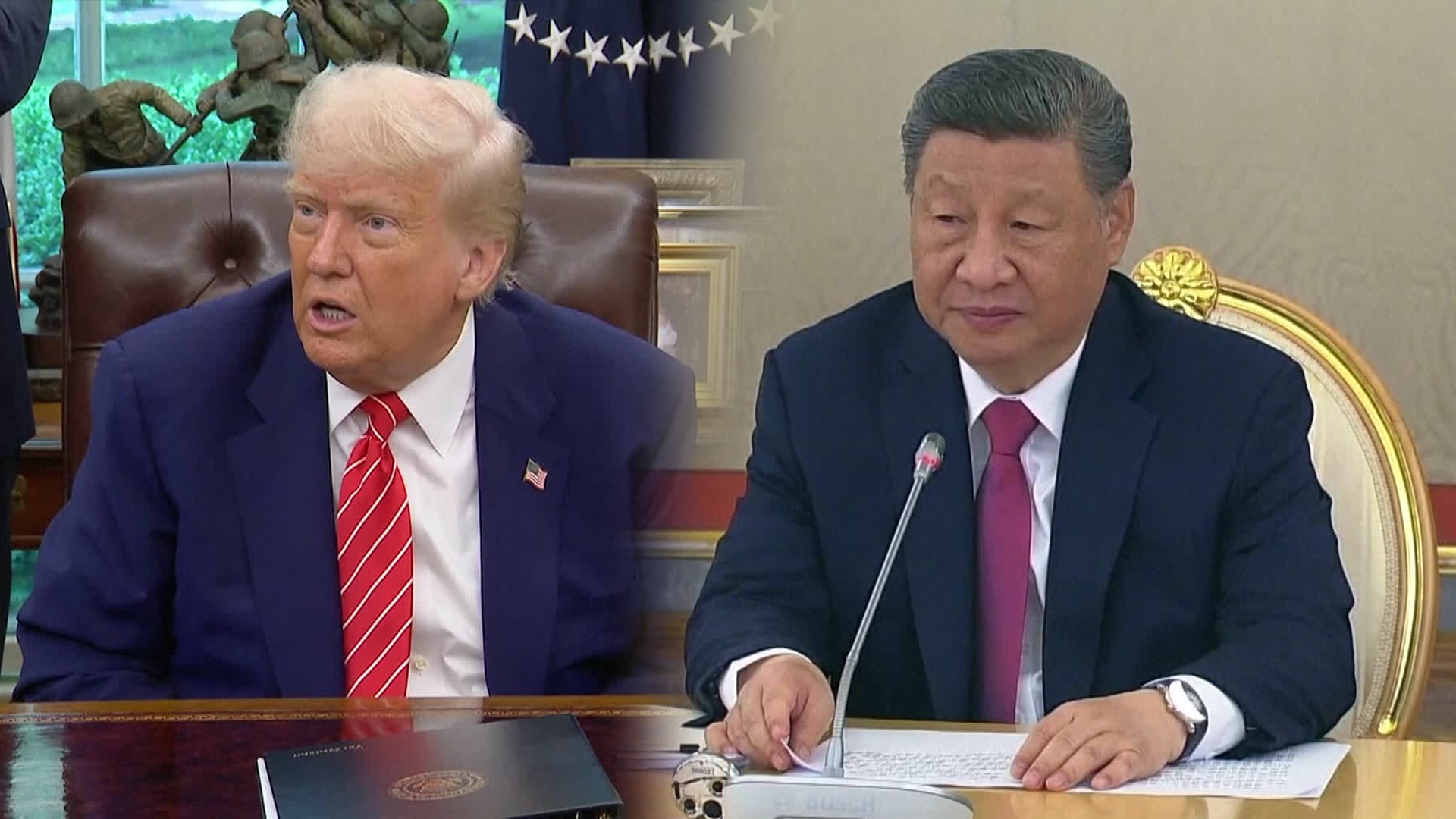
[Anchor]
About a month after the start of 'the century's tariffs war', the United States and China have sat down at the negotiation table for the first time.
With President Trump, who has shown a tough stance until now, sending a conciliatory message to China, countries are watching closely for the results of the negotiations.
This is Kim Kyung-soo reporting from Washington.
[Report]
U.S. Treasury Secretary Scott Bessent and Chinese Vice Foreign Minister He Lifeng met in Geneva, Switzerland.
This is the first time negotiations have taken place since trade between the two countries was effectively halted due to reciprocal tariffs about a month ago.
One day before the negotiations, President Trump stirred the pot by suggesting that a 80% tariff rate on China would be appropriate.
This is seen as an attempt to take the lead in negotiations by presenting a higher tariff rate than the initially expected 60%.
Although he did not mention specific figures, he hinted at the possibility of further reductions.
[Donald Trump/President of the United States: "We have to make a great deal for America. I put out a number today, 80%, so we'll see how that all works out."]
China also continued its tense standoff.
Chinese state-run CCTV reported on the meeting, stating that it was held at the request of the United States.
It emphasized that its position of firmly opposing excessive tariffs remains consistent.
[Xi Jinping/President of China/May 8: "In response to the unilateralism and power-based bullying faced by the world recently, China, together with Russia, will fulfill its responsibilities as a major power."]
Amid the tense standoff, today's meeting is characterized as an exploratory effort to ease tensions.
However, the market is viewing the mere meeting of these two major powers, which had been heading towards extreme confrontation, as a positive signal.
There are also expectations that the two countries will find clues for tariff reductions over the next two days.
This is Kim Kyung-soo from KBS News in Washington.
About a month after the start of 'the century's tariffs war', the United States and China have sat down at the negotiation table for the first time.
With President Trump, who has shown a tough stance until now, sending a conciliatory message to China, countries are watching closely for the results of the negotiations.
This is Kim Kyung-soo reporting from Washington.
[Report]
U.S. Treasury Secretary Scott Bessent and Chinese Vice Foreign Minister He Lifeng met in Geneva, Switzerland.
This is the first time negotiations have taken place since trade between the two countries was effectively halted due to reciprocal tariffs about a month ago.
One day before the negotiations, President Trump stirred the pot by suggesting that a 80% tariff rate on China would be appropriate.
This is seen as an attempt to take the lead in negotiations by presenting a higher tariff rate than the initially expected 60%.
Although he did not mention specific figures, he hinted at the possibility of further reductions.
[Donald Trump/President of the United States: "We have to make a great deal for America. I put out a number today, 80%, so we'll see how that all works out."]
China also continued its tense standoff.
Chinese state-run CCTV reported on the meeting, stating that it was held at the request of the United States.
It emphasized that its position of firmly opposing excessive tariffs remains consistent.
[Xi Jinping/President of China/May 8: "In response to the unilateralism and power-based bullying faced by the world recently, China, together with Russia, will fulfill its responsibilities as a major power."]
Amid the tense standoff, today's meeting is characterized as an exploratory effort to ease tensions.
However, the market is viewing the mere meeting of these two major powers, which had been heading towards extreme confrontation, as a positive signal.
There are also expectations that the two countries will find clues for tariff reductions over the next two days.
This is Kim Kyung-soo from KBS News in Washington.
-
-
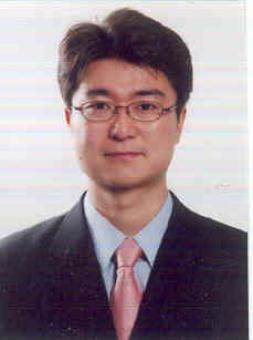
김경수 기자 bada@kbs.co.kr
김경수 기자의 기사 모음
-
이 기사가 좋으셨다면
-
좋아요
0
-
응원해요
0
-
후속 원해요
0










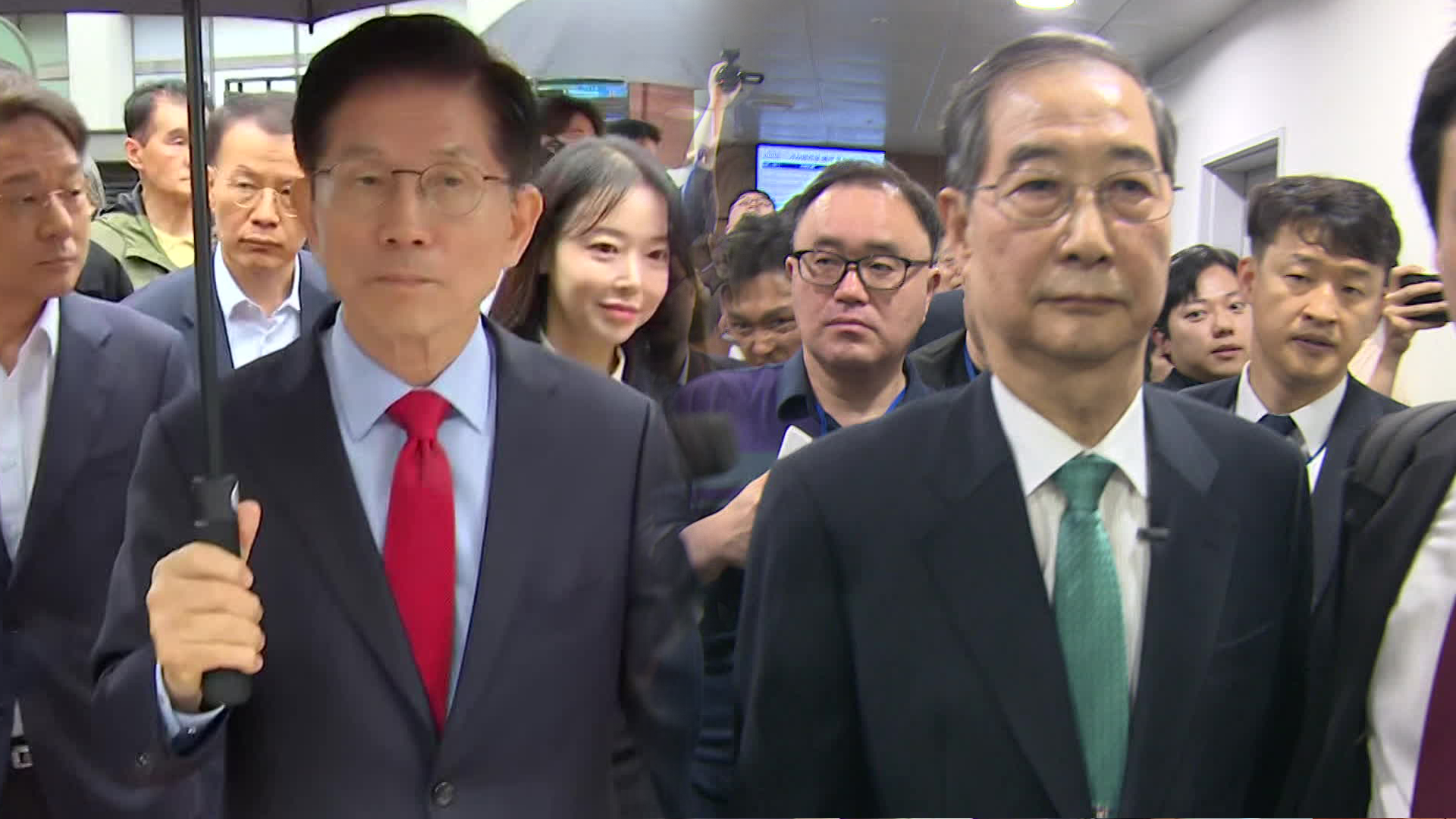
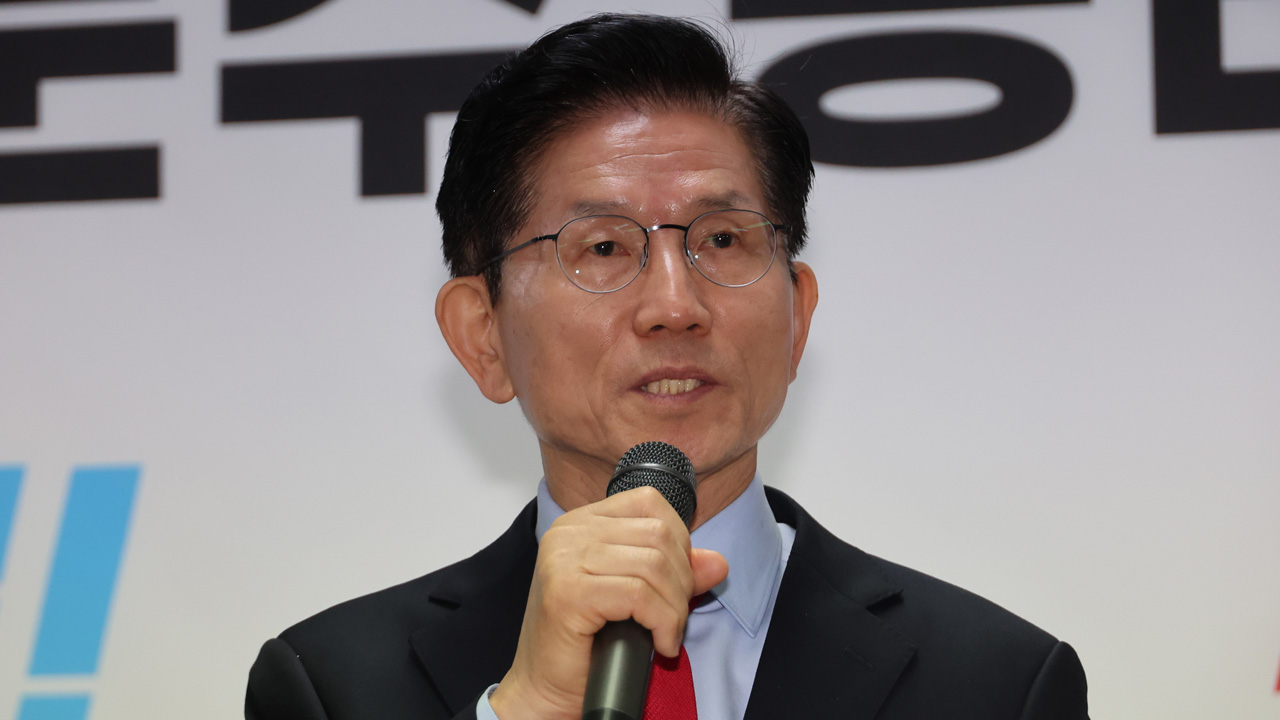
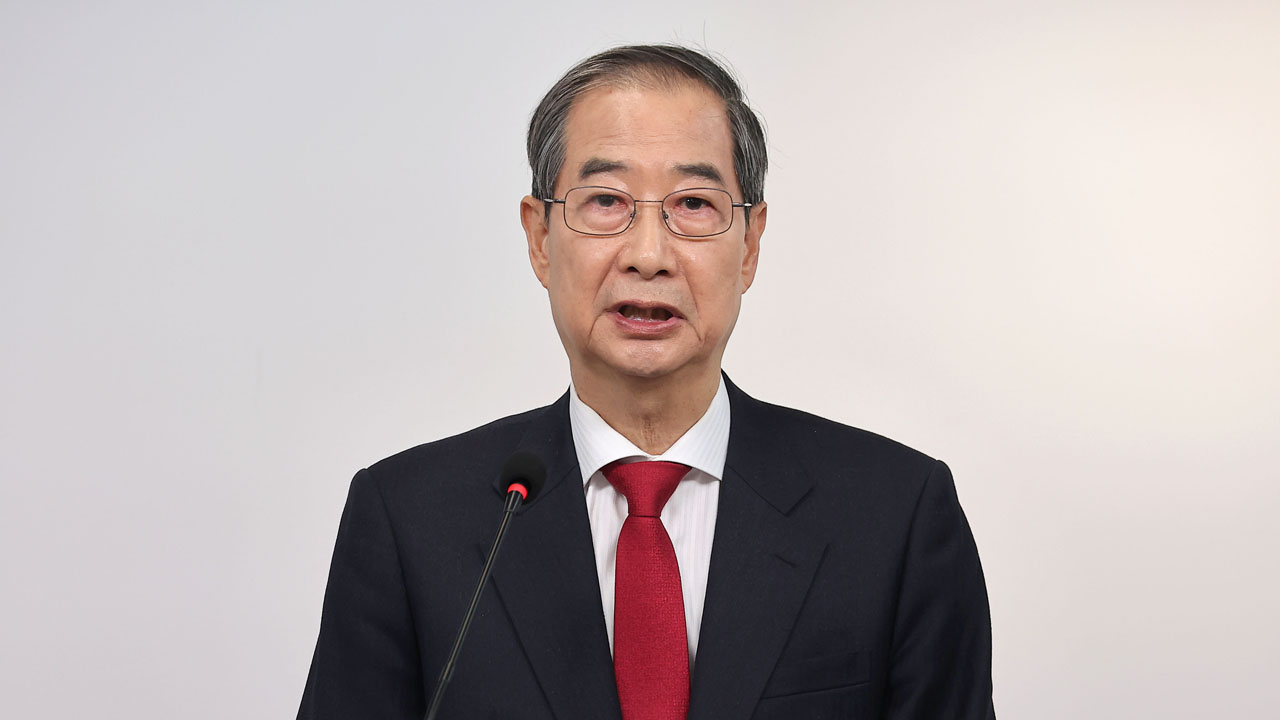
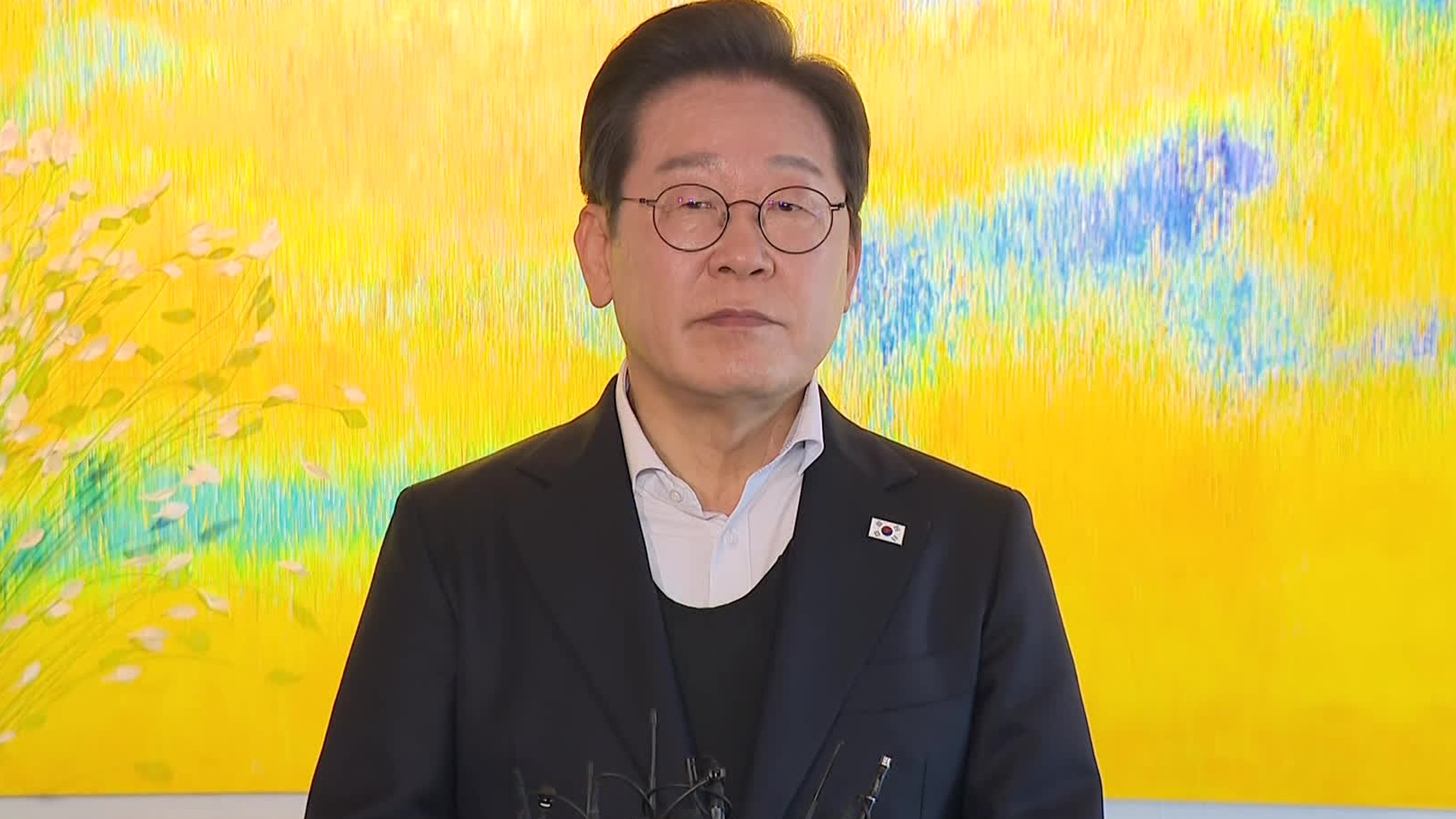

이 기사에 대한 의견을 남겨주세요.